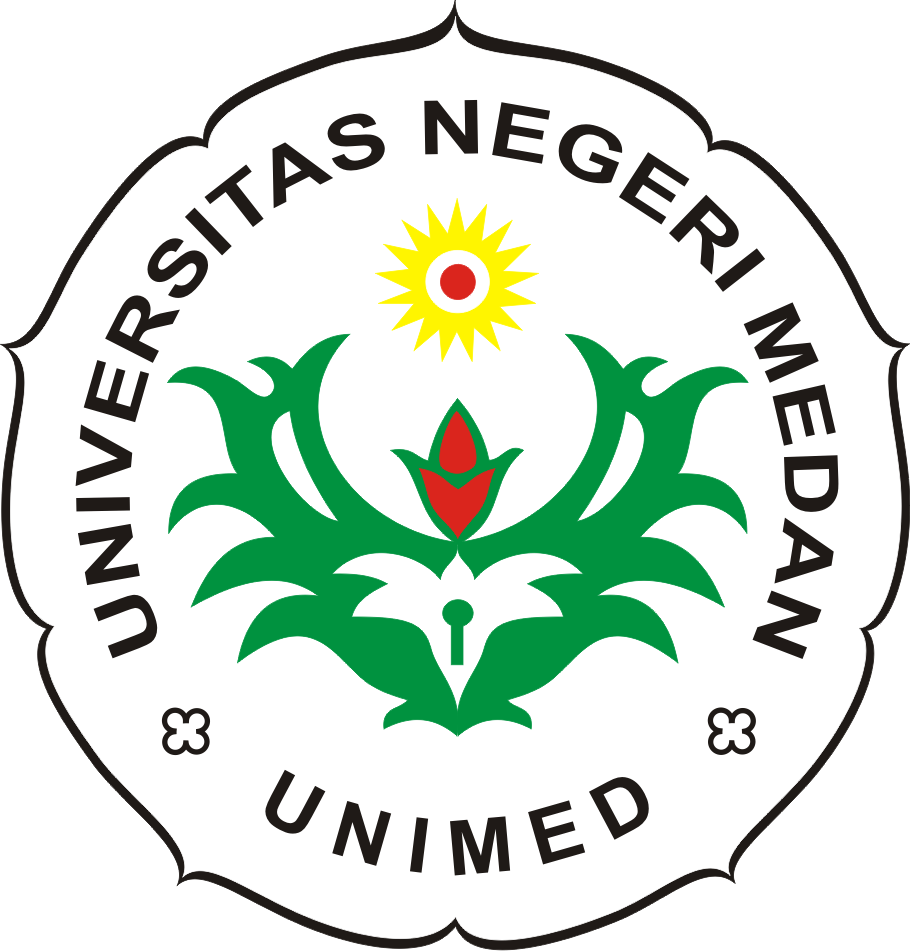FUNCTIONAL GRAMMAR OF SYSTEMIC MENTAL PROCESS ANALYSIS IN KOREAN MOVIE MIRACLE IN CELL NO.7
DOI:
https://doi.org/10.24114/reg.v11i1.35624Abstract
This study is aimed to reveal and define the mental process occurred in the Korean movie œMiracle In Cell No. 7. The mental process itself contained four sub types of process which are perceptive, cognitive, desiderative, and affective. The scope of the study is the researcher only focused on those four sub-types of mental process of systemic functional grammar. The researcher proposed M.A.K theory of systemic functional language as the main theory in doing this thesis. For this study, the researcher used movie script from website as the main object of this study. The researcher has described the process related to mental process of functional grammar. The results are; the researcher found 49 process of mental process occurred. As the final conclusion, the researcher concluded the percentage of each process as follow: cognitive with 14 (28.57), Affective with 12 (24.48%), and desiderative with 8 (16.34%). This result is valid based on the analysis of data and the classification of the types. The final result is that cognitive is the most dominant process of mental process occurred in the Miracle In Cell No. 7 movie.Keywords: Neologism, Social Networking, Acronym, Coinage.Downloads
Published
Issue
Section
License
Copyright (c) 2022 Nadya Puspita Riawan, Aflina Arifin

This work is licensed under a Creative Commons Attribution-ShareAlike 4.0 International License.
Authors who publish with this journal agree with the following terms:
- Authors retain copyright and grant the journal right of first publication with the work simultaneously licensed under a Creative Commons Attribution License that allows others to share the work with an acknowledgment of the work's authorship and initial publication in this journal.
- Authors are able to enter into separate, additional contractual arrangements for the non-exclusive distribution of the journal's published version of the work (e.g., post it to an institutional repository or publish it in a book), with an acknowledgement of its initial publication in this journal.
- Authors are permitted and encouraged to post their work online (e.g., in institutional repositories or on their website) prior to and during the submission process, as it can lead to productive exchanges, as well as earlier and greater citation of published work (See The Effect of Open Access).
- This work is licensed under a Creative Commons Attribution-ShareAlike 4.0 International License.






